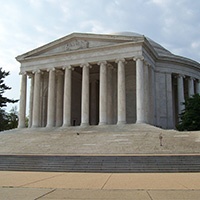Muscle Shoals Felony Lawyer, Alabama
Not enough matches for Muscle Shoals Felony lawyer.
Below are all Muscle Shoals Criminal lawyers.
James Paul Atkinson
✓ VERIFIEDAccident & Injury, Divorce & Family Law, Lawsuit & Dispute, Criminal
James Atkinson is a practicing lawyer in the state of Florence, AL.
Lindsey Mussleman Davis
Divorce & Family Law, Accident & Injury, Criminal, Real Estate, Estate
Status: In Good Standing Licensed: 41 Years
James Elwyn Reese Irby
White Collar Crime, Criminal, Accident & Injury
Status: In Good Standing Licensed: 23 Years
Ian Michael Berry
Bad Faith, Criminal, Bed Bug, Animal Bite
Status: In Good Standing Licensed: 24 Years
Nathanial Pride Tompkins
Accident & Injury, Criminal, Divorce & Family Law, Estate, DUI-DWI
Status: In Good Standing Licensed: 57 Years
Tyler Hamilton Brannon
Power of Attorney, Living Wills, DUI-DWI, Criminal
Status: In Good Standing Licensed: 12 Years


